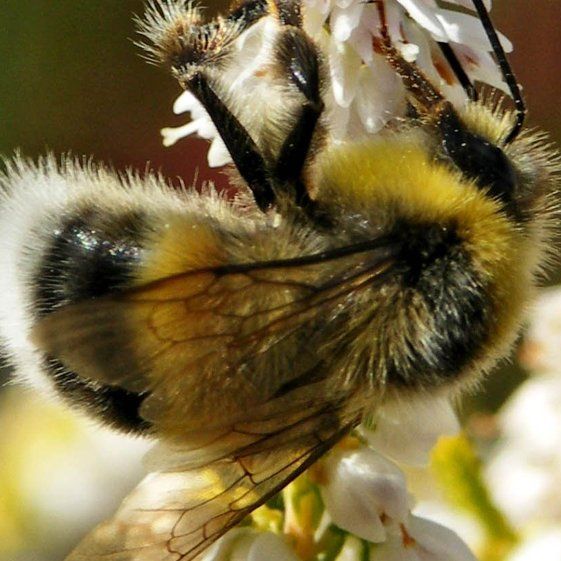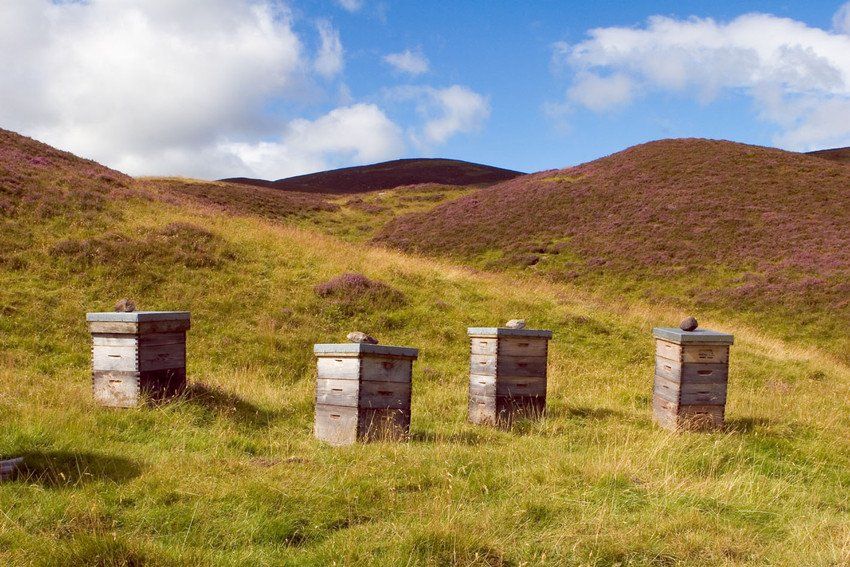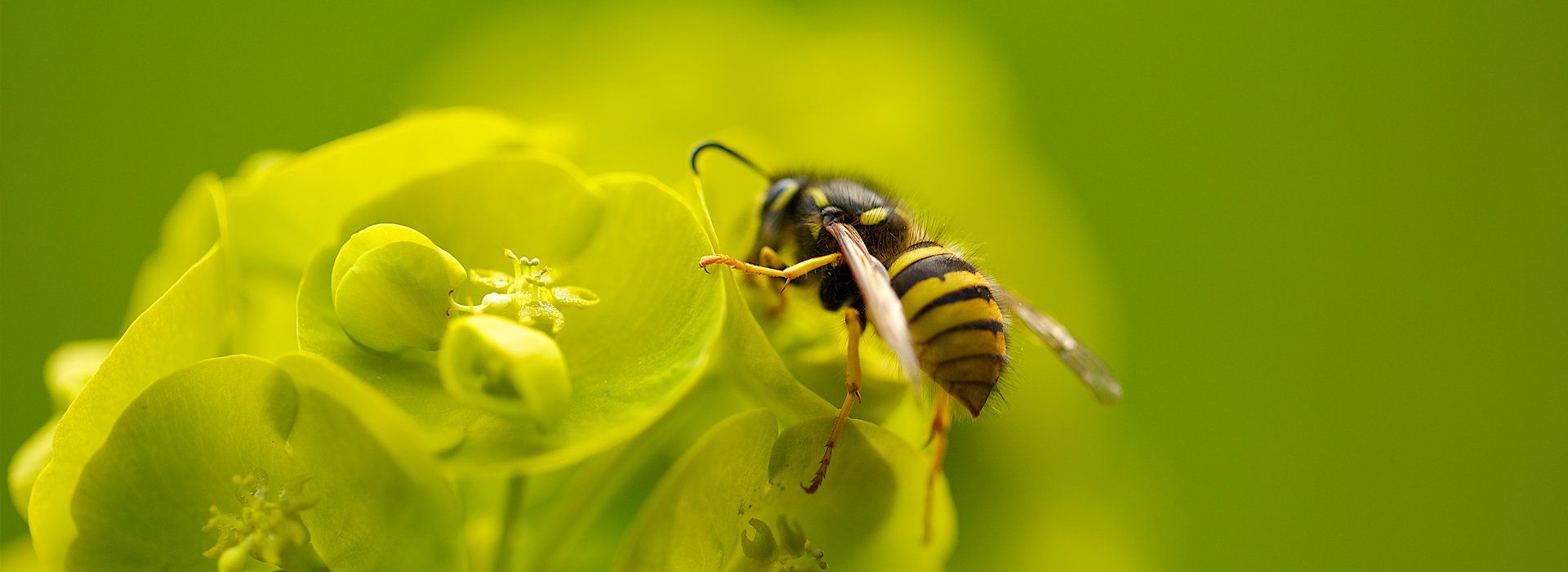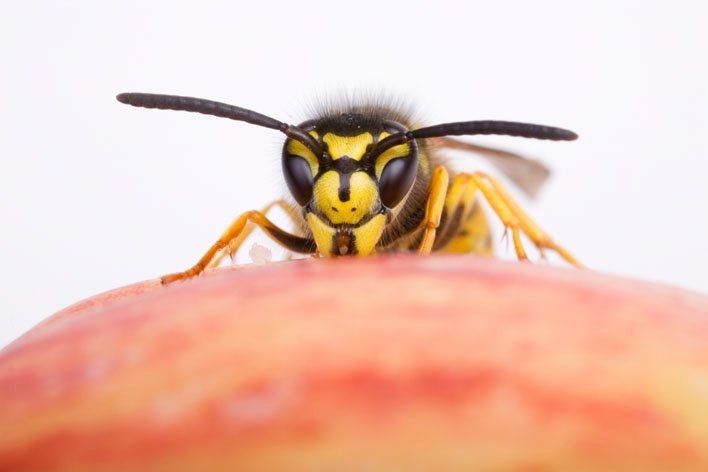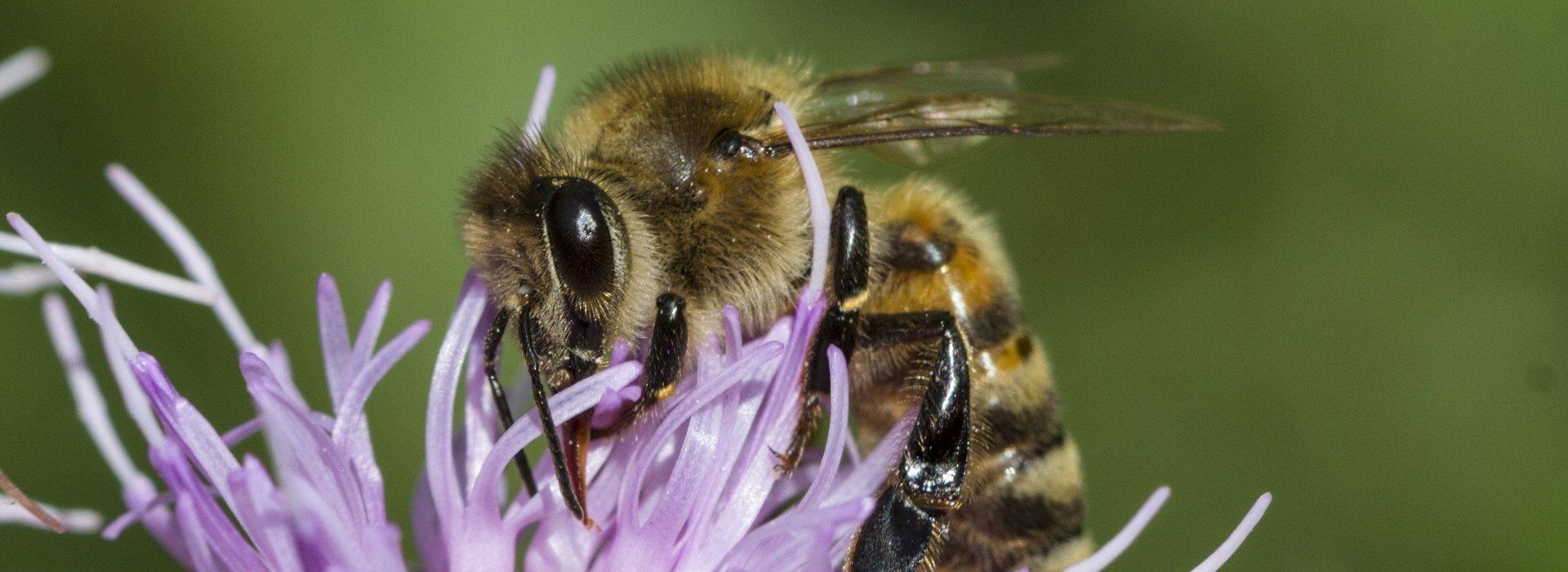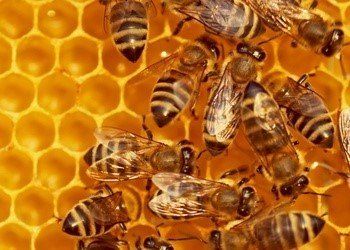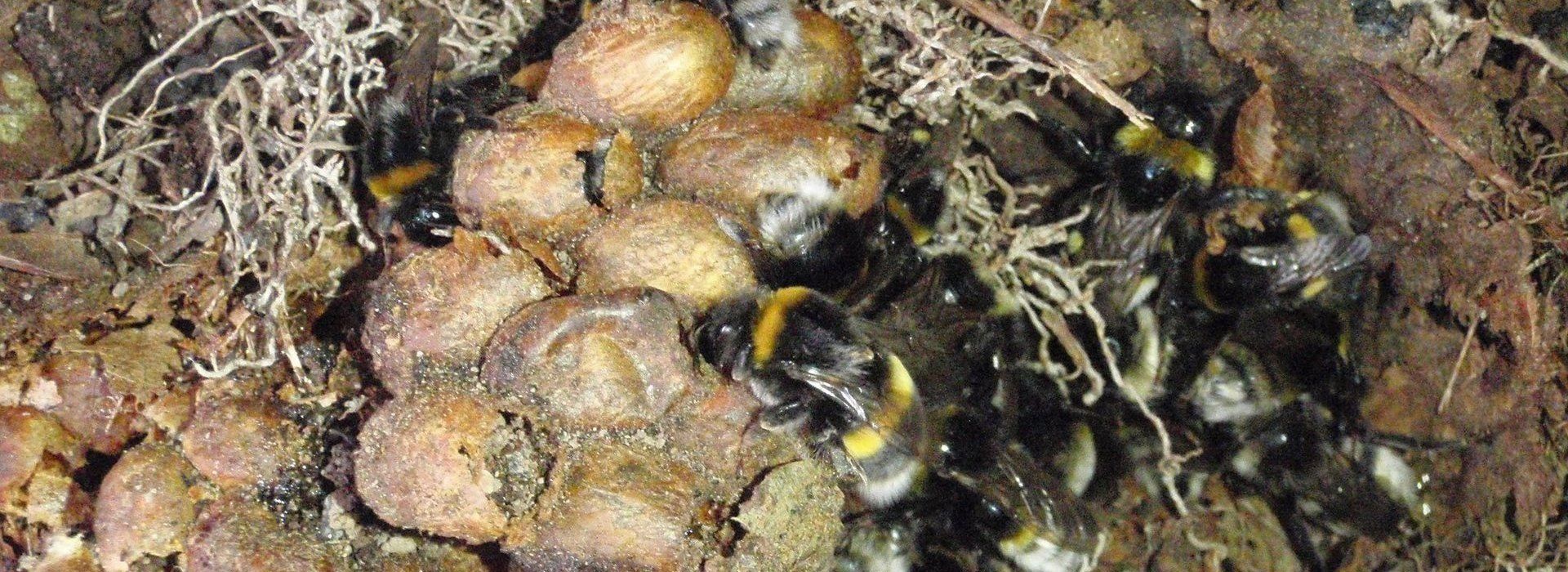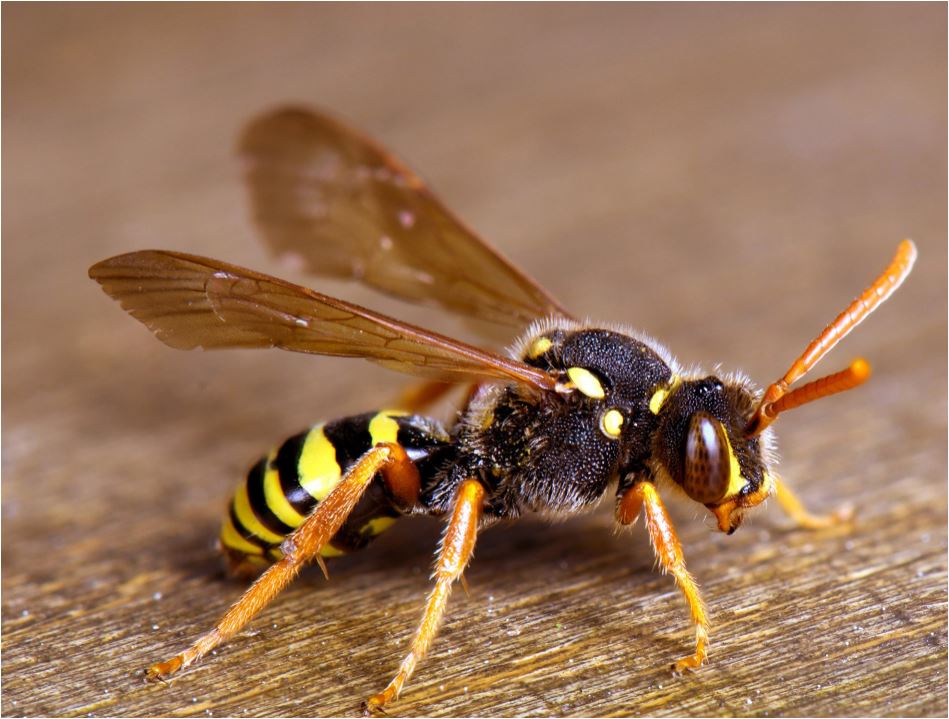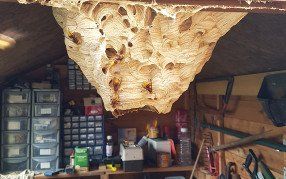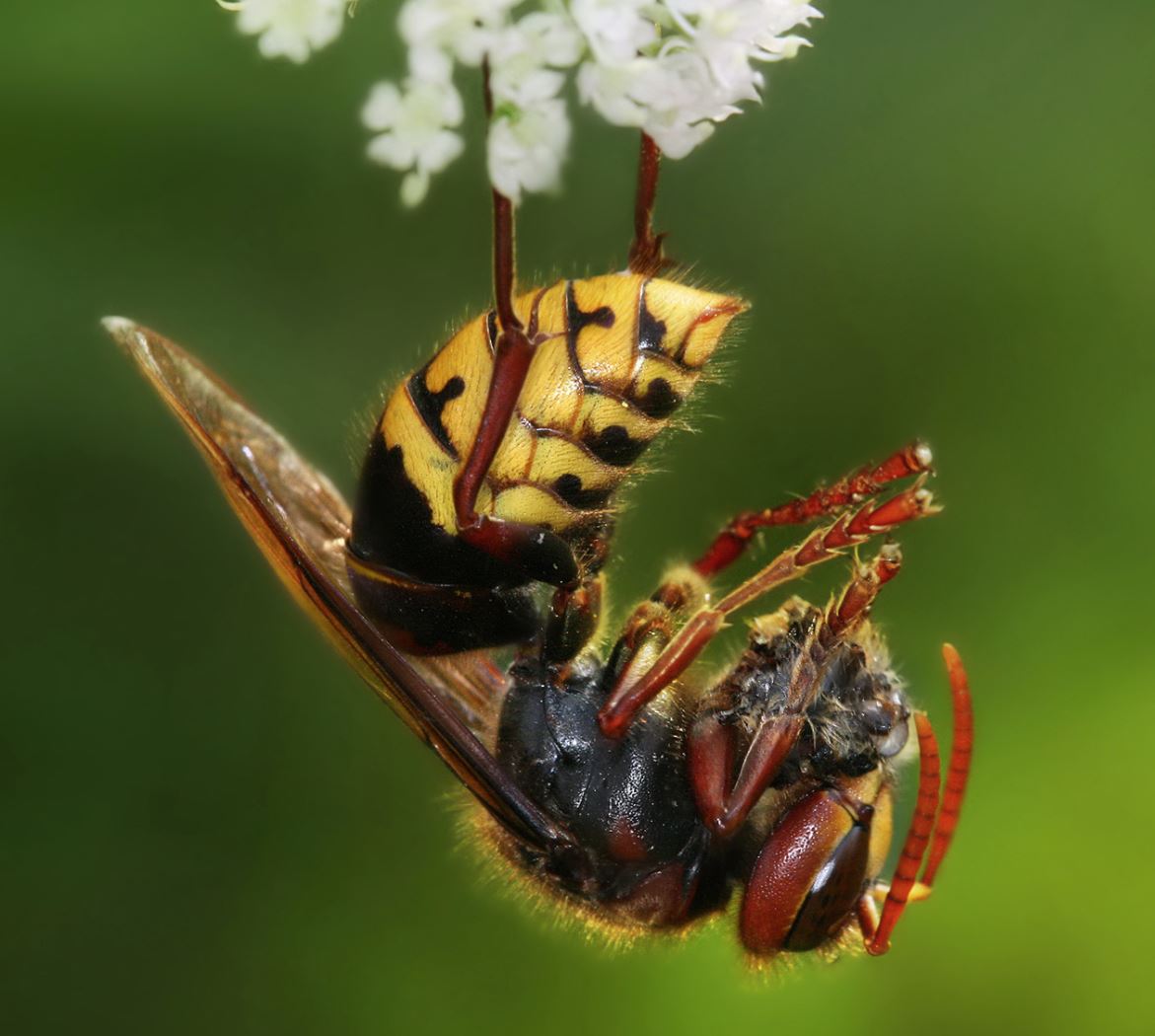What Happens to Bees During Winter?
You might be surprised to know that there are actually up to 250 species of bees, these include up to 24 types of bumblebee. The UK is home to more than 250 species of bee, including 24 different types of bumblebee.
However, despite there being so many types of bees - they all behave differently. Some species of bee will spend the duration of winter as adults protecting themselves from the cold in a process referred to as ‘overwintering’. They will then re-emerge during the springtime in order to make the most of fantastic blooms.
With this in mind, in this blog, we are going to explore what actually happens to a bee throughout the winter months. Read on to discover more….
What are the different types of bees?
Sounds silly, but sociable bees such as bumblebees and honeybees, have specific winter habits - that revolve around their hive and the queen bee. During late spring and early summer, they will often be living in a nest accompanied by the queen bee and female worker bees. As summer moves forward, the queen lays eggs which produce a new generation of queen bees and male bees.
Over time, the bee colony will leave and the young queens eat the nectar and pollen to build up fat in the bee’s bodies. Over time, the new queens will hibernate alone underground, with their vital fat stores supporting them to survive through the colder, harsher months. The remainder of the nest - including the queen bee, the male bees and the female worker bees - fall away with the seasonal leaves, dying throughout the autumn.
How do the seasons of the year impact bees?
Come spring, the increased temperatures wake the queens from hibernation and they’ll be out in force to find nectar to feed on before finding a suitable nest site for the year. Having already mated before hibernation they will lay their first brood of eggs in early summer, which will create female worker bees. The life cycle is then complete!
Due to the fact that spring temperatures influence when hibernating bees wake up, this makes them a fantastic species to look for in Nature's Calendar observe.
Here at Mr Wasp, we offer professional bee nest removal in Cardiff and throughout South Wales, giving you peace of mind and managing the issue as efficiently as we can.
Contact our expert bee removal service in Cardiff today and find out how we can help.


